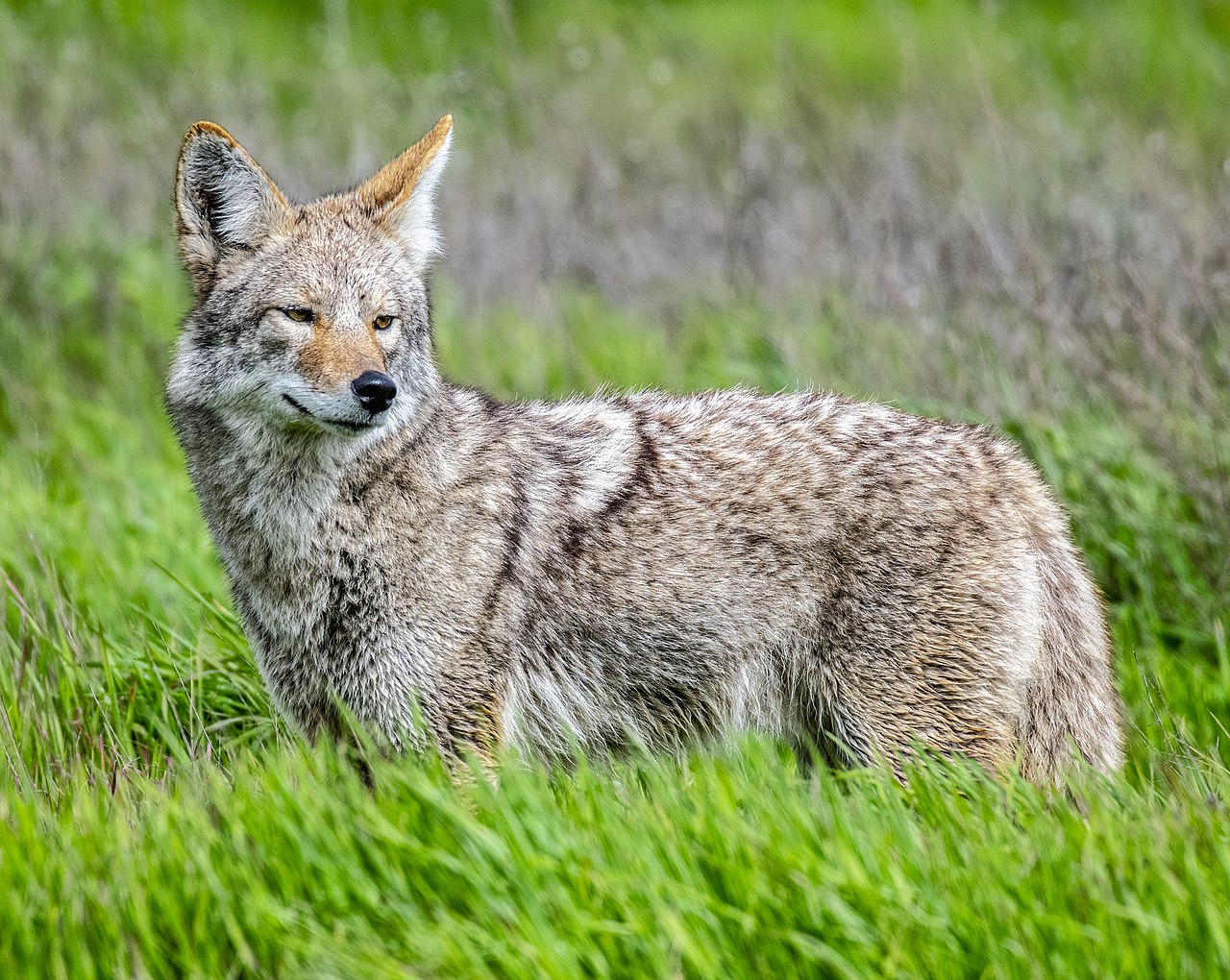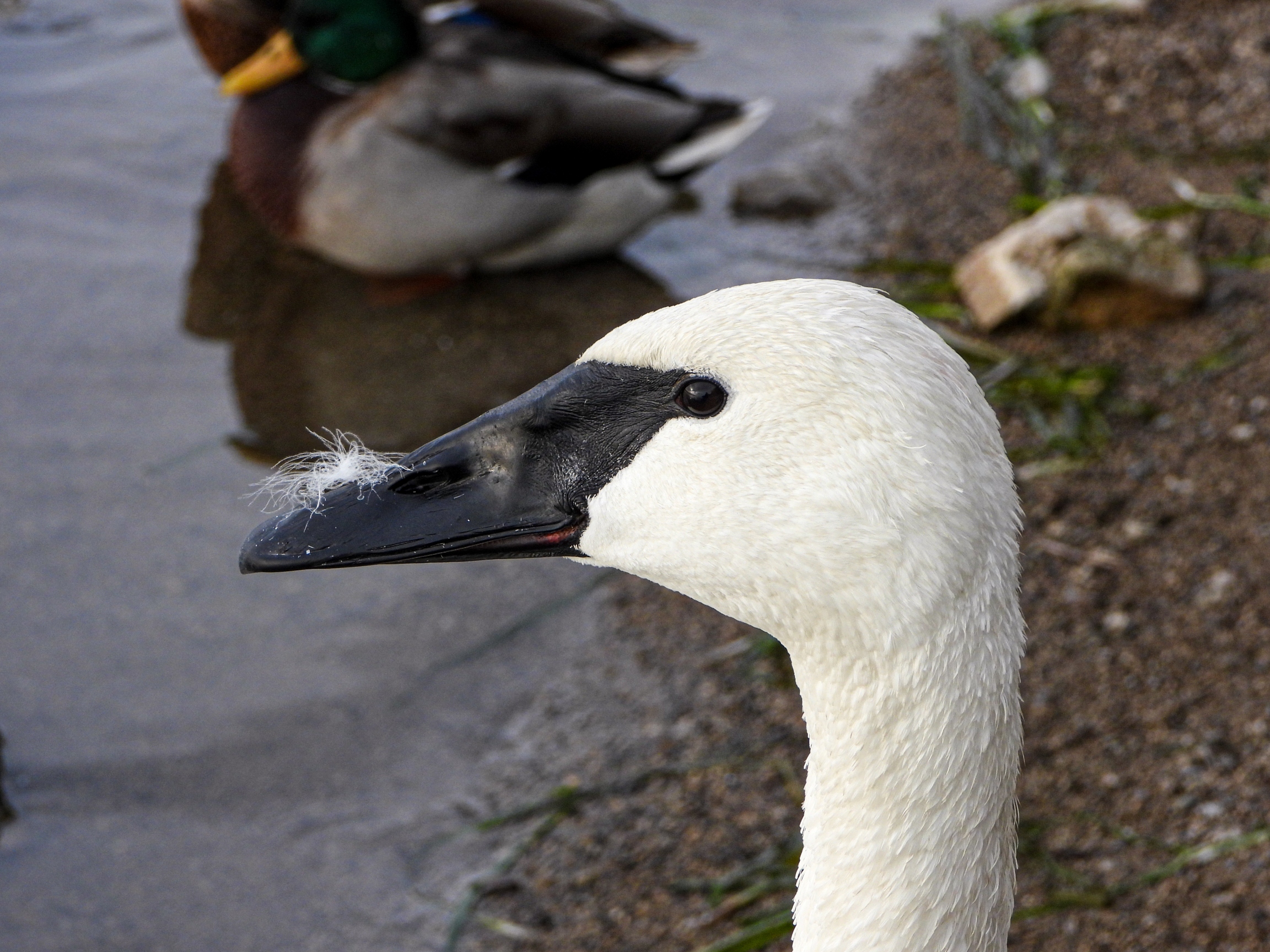Aug. 22, 2022 — Press release from the City of Burlington
The City of Burlington is prioritizing the investigation and action of two recent coyote attacks on people in south central Burlington. City staff and council have followed up the families, tracked and located the suspected coyote and have engaged the Ministry of Natural Resources and Forestry (MNRF), the Halton Regional Police Services (HRPS) and a licensed wildlife trapper for a coordinated, urgent response to eliminate the coyote.
The City of Burlington is responsible for taking appropriate actions to manage resident encounters with coyotes and take appropriate action on municipal property. On the rare occasion that a coyote attacks a person, the City has a Council approved protocol in place that is currently being followed to prioritize and deal with the coyote in question.
Anyone who sees a coyote is encouraged to let the City know by submitting an online report or calling 905-335-3030. Reporting coyote sightings, or potential problems related to overgrown building sites, garbage or someone intentionally or accidentally feeding a coyote, helps the City monitor the location and activity of coyotes in the community.
Coyote sightings are common in the City of Burlington, as our green spaces and forested areas provide an excellent habitat for them. While coyotes will generally avoid humans, they can pose a serious threat to pets, such as cats and small dogs. Coyotes naturally fear humans and should remain wild animals with little human interference. They play an important role in balancing the ecosystem in southern Ontario by controlling the populations of rabbits, rats and mice.
Residents can take these steps to help reduce the risk of potential coyote conflicts.
While naturally wary of humans, coyotes will seek food and shelter in residential neighbourhoods when the opportunity arises. The Top 5 things residents can do to help deter coyotes include:
1. Never feed coyotes
Feeding coyotes, directly or indirectly, teaches them to depend on human handouts and can cause them to become too familiar with humans. This familiarization can lead to aggressive behaviour around people and pets.
2. Never leave pets unattended
Coyotes may see pets as a threat to their territory and may attack, especially when there is a den site nearby. Always keep dogs on a short leash (less than six feet long) when walking outdoors and avoid retractable leashes. Make sure your cats and dogs are not unattended, especially at night, even in your fenced backyard.
3. Keep a tidy property
Residential neighbourhoods are an ideal coyote habitat with access to water, shelter and food sources like garbage, pet food, fruit tress and birdfeeders. Make sure your property is tidy and clear of garbage, food, brush, long grass and wood piles which are ideal den sites for coyotes or other wild animals that attract coyotes.
4. Inspect your property
Make sure spaces around and under decks, sheds and similar structures are closed off with wire screening that extends at least 20 centimetres under the ground.
5. Consistently haze coyotes
Deterring coyotes takes vigilance. Consistent efforts by the entire community to haze coyotes can help to re-instill their fear of humans and discourage unwelcome behaviour.
Use one or more of these hazing techniques every time you see a coyote to help move it out of a residential area:
- Yell loudly
- Wave your arms and make yourself look as big as possible
- Use air horns, whistles, bang pots
- Throw small rocks, large sticks, cans and/or rubber balls at the coyote
- Spray the coyote with water from a garden hose or a water gun filled with vinegar.
If a coyote approaches, residents are reminded to:
- Stop. Don’t run.
- Pick up small children and pets
- Stand as tall as you can
- Make noise, be as loud as you can, shout “go away”
- Wave your arms and stomp your feet
- Use hazing techniques
- Back away slowly
- Report coyote sightings online at www.burlington.ca/coyote
- Call Burlington’s Animal Services at 905-335-3030 if you see an aggressive, sick or injured coyote
- Call 9-1-1- if a coyote poses an immediate threat or danger to public safety.
The City is working towards being more proactive to prevent attacks, including working with a community group from Burlington and Oakville.




